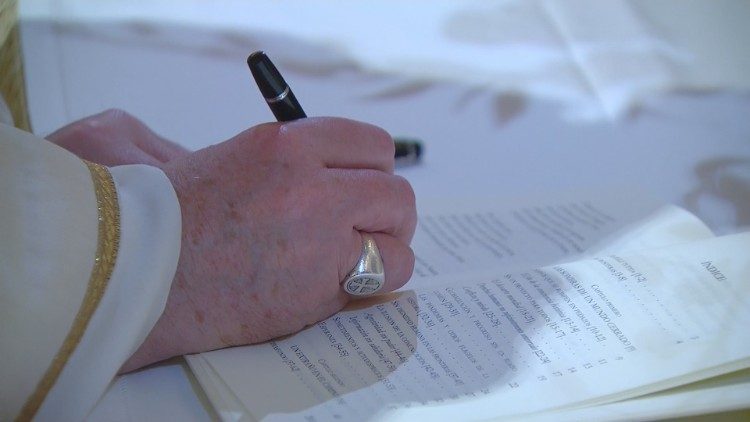
I grew up understanding the culture of silence, where every time I wanted to encounter an explanation or express my opinion, it was always kept aside under the name of immaturity or not valid for discussion. My questions were never answered, they were always manipulated and my journey for seeking answers began unconsciously. As a kid I asked questions, as a teen I searched for answers, now as a youth I had to put that something on my mind in action. The word DIALOGUE itself is powerful. But, unfortunately it has dominated our research articles, social and political talks or for that matter the theological world. I wanted to see something in action. What I first discovered in dialogue was worldview and I realized it begins with one’s self. It was time for introspection, I traced back on what my search for dialogue was about. What was I really trying to seek? How do I engage in dialogue? How do people engage in dialogue? What are the various aspects of dialogue? And the question marks continued.
As every story has a twist, it was time for my story to take a turn with a dialogue. ‘I believe in dialogue’, this is how my friend began. She said, ‘I didn’t like the way you spoke to me the other day, I felt bad. Please don’t do this next time. If you have anything to say, say that right to my face’. These words brought tears to my eyes and I realised that dialogue was so simple and can resolve conflicts. And if we all started using this tool of dialogue, human relations would prosper. Around that time I had lost many people in my life who didn’t wish to explain the circumstances or rather were not ready to engage in dialogue. I recalled other past experiences with close relatives and friends which made me feel so miserable. The next question I asked was, ‘What are the reasons that keep people aloof from dialogue?’. I found that ego, misunderstandings, lack of confidence to encounter a situation, political and social hierarchy, norms, one’s self and others were barriers to dialogue. The next question was, ‘How do I help people understand the importance of dialogue?’. Here I had a mission of building a culture of dialogue. All I knew was that culture is a way of life, and if this way of life has the element of dialogue in every aspect of our lives, it would eventually build a culture of dialogue. I decided to take on a venture where I would find ways and means to help people engage in dialogue and slowly inculcate the culture of dialogue in our society. I knew one thing for sure; this comes with ethics and responsibility. Research shows that good messages with positive energy and good cause are communicated more quickly than the negative ones on social networking sites. I started conducting Facebook virtual events on dialogue each month. The topics varied from environment to human rights. People started sharing their ideas and many were introduced to the word dialogue, my venture was showing results and the need of such a culture was felt. Many had problems in their relationships, workplace, it gradually led to giving dialogue space in topics like human rights, environment and technology. Many already knew the importance of dialogue, all they didn’t have was the courage to use that tool. I realised that we all universally shared almost the same energy which I converted into one word, ‘solidarity’. Here, I asked friends and well wishers to join my venture on dialogue and get to know more about it. They also built this culture of dialogue in their lives, families and other places where they could share their understandings and importance of dialogue. Their love and support slowly led into a dialogue movement, which I call ‘Dialogue for Change’.
After a couple of events on Facebook, the need to meet live audiences and create an impact of dialogue was felt. Thus, I ventured into schools, colleges, social gatherings and other places where I found the opportunity to speak to people about the importance of dialogue. I carried my dialogue banner which always stood firm at the backdrop, helping people reflect over the word dialogue. This happened through sessions on a specific topic, and the recent one which was loved by children was ‘Dialogue through theatre’. Irrespective of what one has to say, I just know one path of wisdom i.e. ‘Dialogue is a way of life’. And the journey continues.





Leave A Comment
You must be logged in to post a comment.